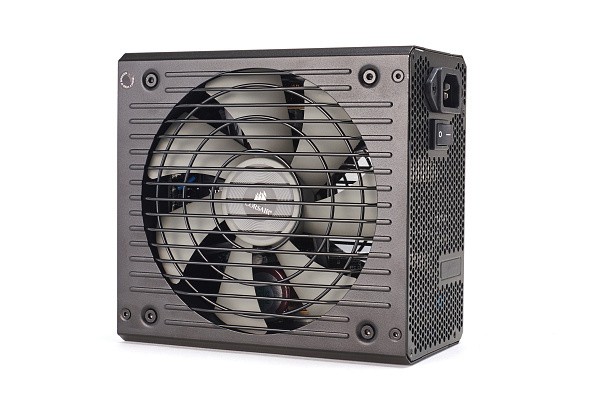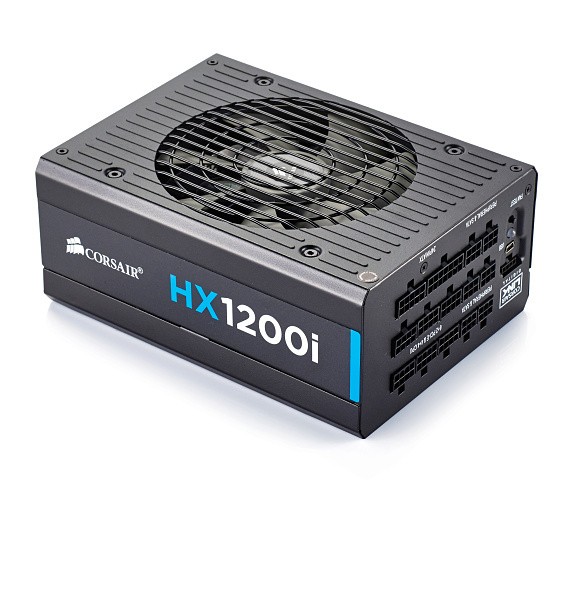Power supply. This is perhaps the most critical part of any computer that still gets overlooked by many. But the thing is, a PC can always be built without a graphics card (assuming that you picked a CPU with integrated graphics). But you can never, ever forget to buy a power supply for it.

But that's just one part of the equation. Sure, there's a lot of power supply units out there, which means you can pick the cheapest one for your build and call it a day, eh? NO. Absolutely not. That's because cheaping out with money on a computer power supply is like putting a ticking time bomb inside your computer. And if you go too cheap, well, say goodbye to your precious Core i9 or RTX 3090.
With this guide on how to buy a power supply for PC, though, you'll never have to deal with the risk of losing your precious components.
Power Supply 101: Power Output
This is one of the most important things to consider when buying a power supply for your next PC build. It's extremely critical to buy a unit that could pull enough power for your components, specifically the graphics card (which is the part that draws the most power out of everything else).

According to PC World, you'll need to compute the maximum power that your components will draw, then you need to pick a PSU that's double that requirement. Say, if all of your components combined (CPU, graphics card, memory, storage, etc) are drawing something like 400 watts of power, you need to pick an 800-watt PSU for maximum safety.
If you're unsure how much power your PC will draw, you can use a power supply calculator, which retail sites like Newegg offer. This would come in handy, especially if you managed to get yourself a power-guzzling graphics card like the NVIDIA RTX 3090.
Efficiency, Efficiency, Efficiency
An efficient PSU is a great PSU. And it's also quite easy to know if the unit you're eyeing is power-efficient by the 80 Plus rating on it. There are six main categories according to TheOverClocker, arranged by ascending efficiency rating:
- 80 Plus
- 80 Plus Bronze
- 80 Plus Silver
- 80 Plus Gold
- 80 Plus Platinum
- 80 Plus Titanium
The 80 Plus certification means that the power supply maintains an 80% efficiency at 20%, 50%, and 100% load. 80 Plus Titanium, which is awarded to the most efficient PSUs of the bunch, means that a unit can be up to 94% efficient at 50% load. Getting an efficient power supply means there's not a lot of energy wasted, and you'll be able to save up on your power bill.
Also, remember the "double your PSU wattage" advice? This is where it kicks in. Doubling the power supply wattage means you're keeping the PSU's consumption at around 50%, which is where its maximum efficiency rating lies. Here is a YouTube video that explains all the 80 Plus ratings in detail:
Reputable Brands
If you've heard the news about PSUs from Gigabyte exploding, it sounds a little scary. But believe it or not, Gigabyte is still way better at making PSUs than some random manufacturer you've never heard of.
When it comes to knowing how to buy a PSU, you still stand a better chance at getting a high-quality part by going for reputable brands. Here are some to get you started, according to Tom's Hardware:
- Corsair
- EVGA
- Seasonic
- Antec
- XPG
- Be quiet!
- Silverstone
You should also know that reputable PSU brands are sorted into tiers, which get updated every year as new models come in for an even better chance at getting a great unit. The Linus Tech Tips forum has a very comprehensive power supply tier list to help you know which manufacturers are the best at what they do.

If you go for a unit for an unknown brand, you'll risk it exploding on you. And an exploding power supply will almost always take every other component with it.
Modular or Non-Modular?
A modular power supply means its cables can be detached. This type of PSU is perfect if you want to keep your PC build looking as clean as possible, without a mess of tangled wires inside the case. They are, however, a bit more expensive than non-modular PSUs.
At the end of the day, your choice depends on your preferences. If you want your computer to look as nice as possible, then go for a modular power supply. The detachable cables mean you can stow away anything you don't need. Also, it allows for cable modding, which can add to your computer's aesthetic appeal.
Related: Lian Li's Standing Desk Doubles As PC Enclosure Perfect For Health-Conscious Computer Users
This article is owned by Tech Times
Written by RJ Pierce
ⓒ 2026 TECHTIMES.com All rights reserved. Do not reproduce without permission.




